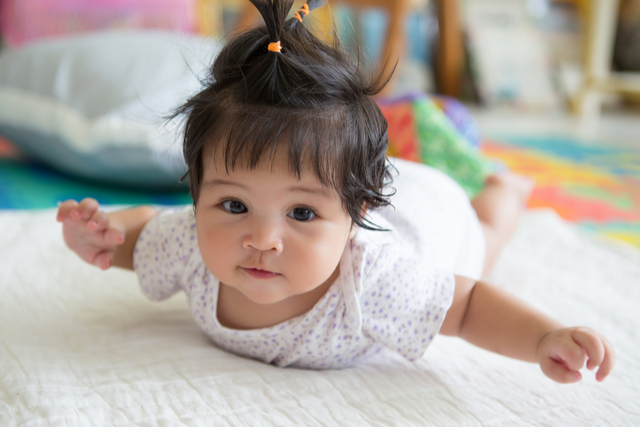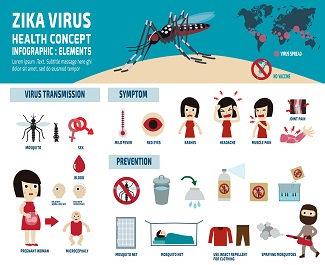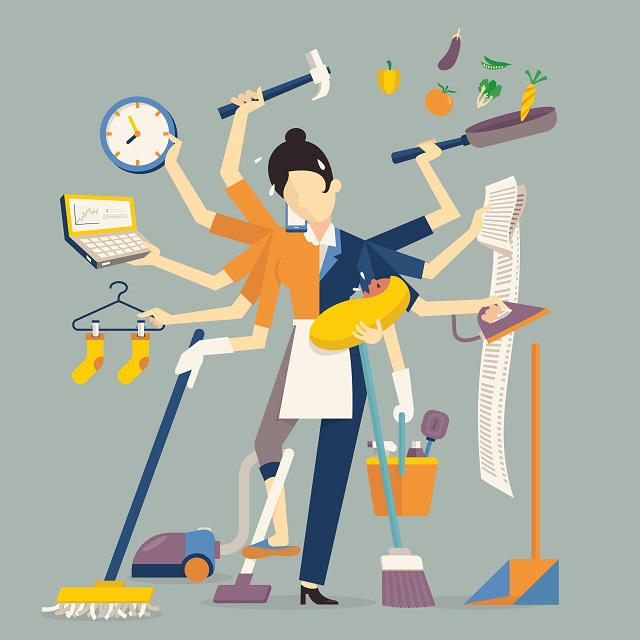All babies are curious, they will grab or touch objects that are new to them. Although this helps babies understand the surroundings, it endangers them as some objects like the knife and small toys can hurt them.
It is therefore important for parents to do a thorough check on their flats, identify potential hazards in their homes and keep the dangerous objects away from the baby. Here are a list of things, places and hazards that the parents should pay attention to:
1. Carpets
If you have carpet at home, do remember to remove it or stick it to the floor to prevent it from slipping. This will ensure the safety of the babies when they are able to crawl.
2. Electric sockets
Try to use the insulating tape to seal the opening in the socket to prevent babies from using fingers to probe the socket. Alternatively, there are products available in baby product stores that can help to cover the opening in the power socket.
3. Glass or fragile products
All glass or fragile products should be placed at a location that cannot be accessed by the babies.
4. Sharp objects
Always check there are no sharp objects such as nail or screw on the floor. Try to remove small sharp accessories that have loosened from your furniture or appliance to prevent them from hurting the babies or being consumed by the babies.
5. Kitchen products
Put your knife, scissors, needles and other kitchen products in drawers or places that babies are unable to access. Lock the drawers and cabinets where these products are stored. You can install safety latches on all the storage items that your child should not have access to.
As the kitchen is a dangerous place that has hot items as well, it is recommended to install a baby safety gate to prevent them from entering the kitchen.
6. Furniture
Make sure the furniture in your house is steady and prevent it from collapsing. If you have tall bookshelves, ensure that you place the heavier books on the bottom shelves.
7. Sharp edges
Use specially designed corner cushion guards to help prevent injuries.
8. Hot items
Put your thermos, water kettle at places that are not within baby's reach.
9. Medicine and toxic substances
Keep your medicine in the fridge or other locations that cannot be reached by babies. Always remember to put your pesticides, toilet cleaner, kitchen cleaner, washing powder, shampoo and other poisonous products at places that cannot be reached by your baby.
10. Small toys
If you have older children in the house as well, there may be small toys and their parts on the floor of the house. Any toy that is smaller than 1 to 3/4 inches may be a choking hazard for babies and toddlers. Hence, remember to keep them away from your baby.
11. Batteries
It is common for things such as the remote controls and toys to be lying around the house. The danger in it is that your baby or toddler may be able to extract the batteries with their little fingers and chew on them.
The tiny batteries are the most dangerous as they can leak corrosive chemicals, cause serious burns and are known to be fatal.
12. Plants
Common houseplants such as Dieffenbachia and philodendron that we like to grow in our homes contains oxalates and microscopic crystals that are released into the mouth when the plant is chewed and cause extreme pain and inflammation. Therefore, parents should purchase only nontoxic plants.
13. Blinds and shades
Corded window blinds and shades can pose a strangulation hazard for young children and babies. Hence, parents should adjust tasseled pull cords to the shortest possible length. They can also install cordless window coverings or adjust cord stops to limit movement of inner cords on blinds.
14. Windows
Children can fall from windows that are opened more than 4 inches. Avoid placing furniture below the windows in case your baby climbs on it. Use window guards to prevent your child from falling through open windows. A window-stopping device is another option you can use which attaches to the inside of the window frame to prevent the window from opening more than four inches.
It is important to note that babyproofing cannot be completely preventive against injuries. Parents or caregivers still need to supervise the baby properly.



